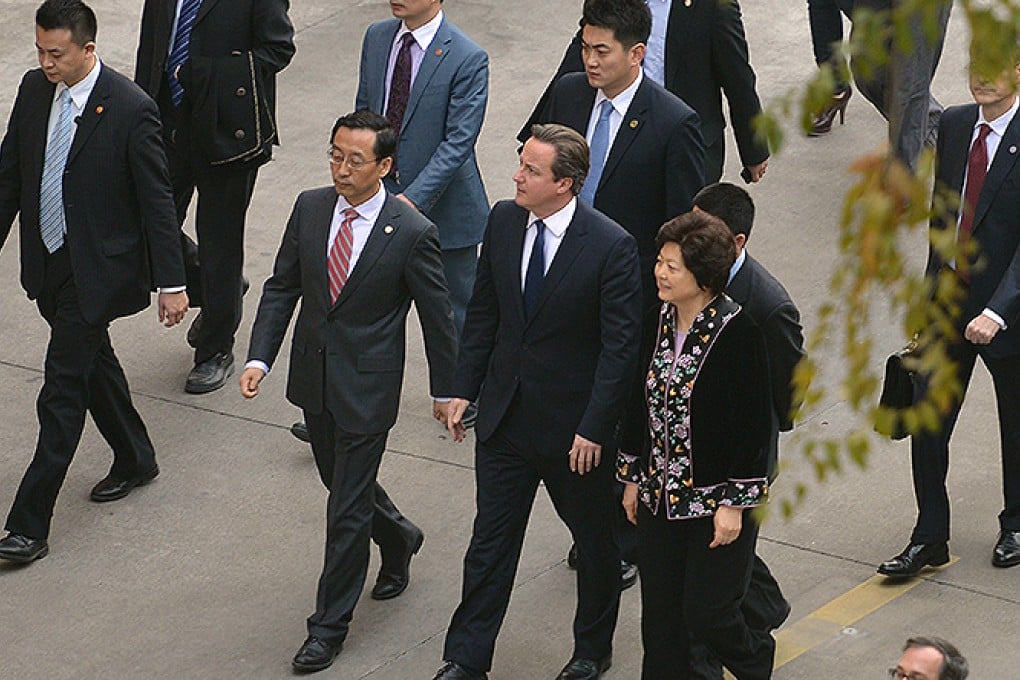China-UK human rights dialogue builds bridges to understanding
Tim Collard says it would be tragic if cancellation of this year's dialogue led to programme's end

China cancelled the April 16 session of the bilateral human rights dialogue with Britain, accusing the UK of making irresponsible comments and of interference in its internal affairs.
Let us remember how this dialogue came into being. Towards the end of the 1990s, Britain and its Western allies were seeking ways of normalising relations with China after the sharp downturn following the events of June 1989. This was important, because the united Western front was beginning to crack. Certain European allies - yes, France, I do mean you - were starting to curry favour with China by breaking ranks.
In any case, the West could see that no useful purpose was served by simply denouncing China's human rights practices from a long distance. So an agreement was reached that a regular dialogue on human rights issues should be added to the wider bilateral relationship.
Britain, with other Western countries taking the same approach, knew that it would be pointless to make this confrontational and too focused on high-publicity issues. So the dialogue was structured around the practical aspects of the application of the rule of law - procedure, safeguards, the balance between the requirements of society and the rights of the individual; all clearly related to the Chinese government's declared policy of establishing a firm basis for the rule of law. The dialogue was conducted by experts and specialists, not grandstanding politicians.
It would be tragic if this fruitful and generally friendly dialogue were to be discontinued.
The problem is that the "megaphone diplomacy" aspect of the human rights debate can be downplayed, but never quite goes away. This was always, to a certain extent, accepted by the Chinese side; they knew that Western leaders were expected by their domestic audience to raise certain individual cases, and the West made it implicitly clear that this was something they had to do for home consumption, and that it did not mean that they were really putting pressure on China.
And so, when the US is now accused of "gesticulating" in its criticism of China's treatment of dissidents (referring to the Xu Zhiyong case), it is understandable.